How this Kenyan student stays motivated to fight for a better future
Lamech Opiyo believes co-operation is what will save us from the worst of climate change. Good thing he has the power to move people to action with his words.
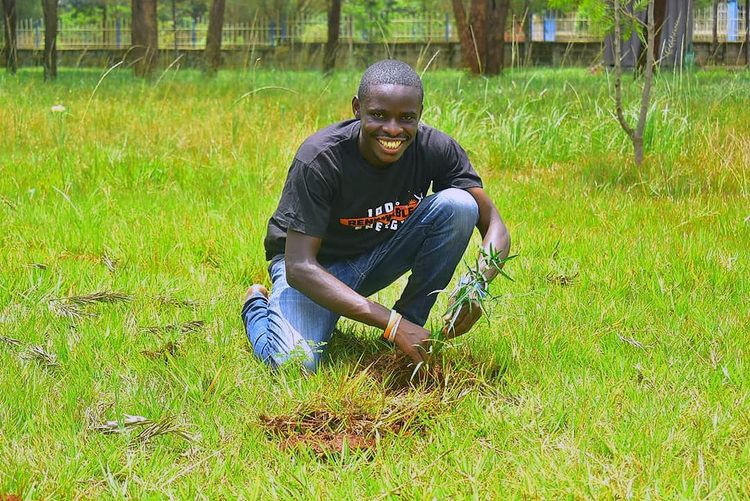
Visit Lamech Opiyo’s Twitter or Instagram feeds and you’ll instantly be energized. His passion for environmental work comes through in every post, whether he’s sharing facts about wetlands or campaigning to protect public forests.
But the environmental studies and community development student at Kenyatta University (he's planning to graduate this year) is the first to admit he can’t do it alone. Opiyo is a cheerleader for all kinds of community projects and an active member of his institution's Rotaract Club, which spearheads a number of environmental initiatives. And as a supporter of #GenerationRestoration, he’s eager to recruit other youth – and people of all ages – to join him in his work.
Here, Opiyo chats with us about some of the projects he’s worked on (so far), the source of his motivation and why – and how – he wants all of us to pitch in.
“My name is Lamech Opiyo and I’m a 23-year-old young Kenyan. In regards to environmental conservation, I started way back in high school. And after that, when I joined campus, the passion grew. My inspiration has been those young people who are also doing the best they can to protect the environment, and the late Nobel Peace Prize winner Wangari Maathai. My passion for the environment came as a result of the idea that I can make a difference.
I think environmental challenges are quite universal across the globe. In Kenya, temperatures have really changed. We’re having unpredictable rainfall, unpredictable drought and severe drought. The months that we are expecting to get rain, there are no rains, then the rains come later, and they don’t come in the amount that we used to have. So there are several environmental problems. One of them is climate change. There is also deforestation: A lot of trees have been cut down to pave way for development and to provide timber. Another problem is habitat destruction: We have a big national park [Nairobi National Park] next to the city and this park has been destroyed a bit. This past weekend, we were out removing parthenium, an invasive plant species, to help save the wildlife in the park.
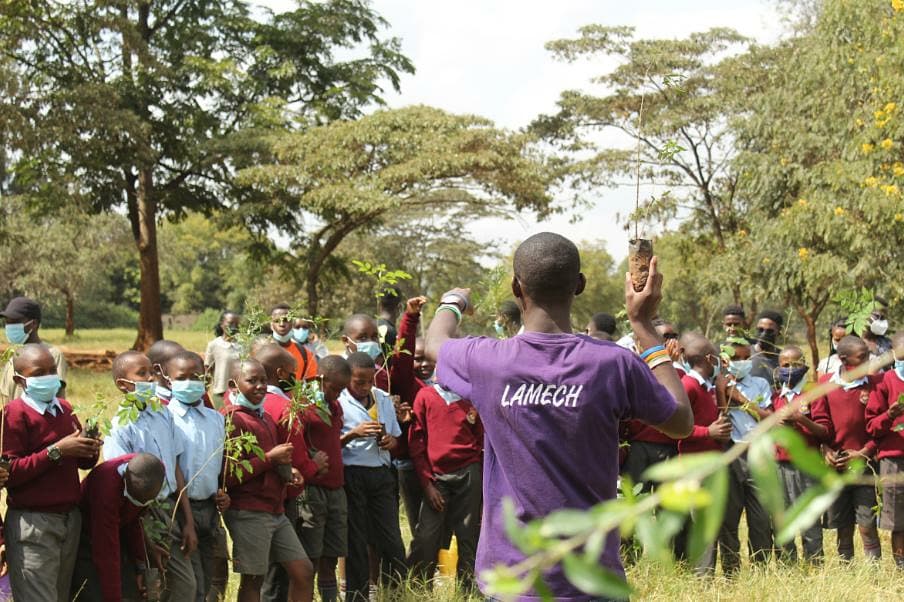
My main passion has been working with schools on conservation activities. The most famous one is tree planting and tree growing. One thing when we do it with kids is this concept of one kid, one tree. Each child plants a tree. And one thing with them, they always want to think that something they are doing is making a difference. So we say, we planted this tree with you, you'll be the one taking care of it, and every time you come to school, ensure it is watered. That has been quite outstanding.
I’m also an activist. We've had several campaigns within the country. That's why when you go through my photos you see us carrying placards, to try to reach out to a larger audience, to those people who might not be having an idea of what is going on. So that we can change our mindset.
I know we are here on this earth for a purpose. We are here not to destroy the environment. We are here to conserve it. It's not for me alone. It's not for you. It's for all of us. It's for me, those who are around me, the next generation to come, the old, and each and every person. What keeps me going is the urge to make a difference, and also those who are doing the little bit they can to make a difference – that really motivates me.
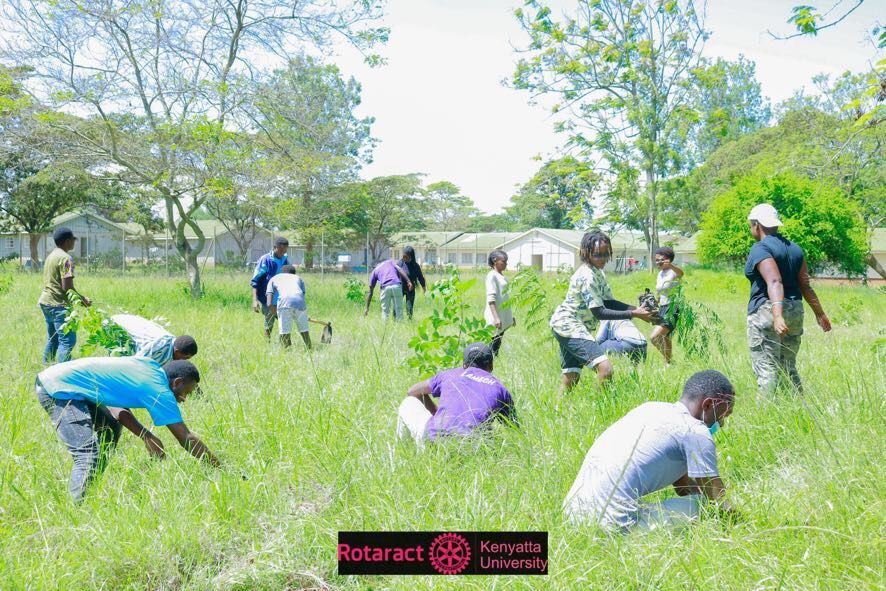
There is also this story that keeps me going, the story of the hummingbird. It's about this huge forest that is on fire. The leopards are running, the hippos are running, the buffalos are running. Then the hummingbird says, I'm not going to see the forest go into flames. I'm going to do something. So what does the hummingbird do? The hummingbird picks a drop of water, comes to pour it on the forest – a drop of water cast forward in the forest, even though the fire is raging. But the hummingbird keeps on doing the same. The huge animals ask, what are you doing? And the hummingbird says, I'm doing the best I can. I'm doing the best I can.
The story of the hummingbird keeps me going. These little things that we do, that citizens of a country do, it's what makes a difference. I would like to be remembered as someone who did my little bit, who saw the forest burning and didn’t do nothing. So the eye to make a difference is what keeps me going, and also the eye to leave a better environment for the generations to come.
We are all environmentalists, whether you like it or not. The fact that you're able to breathe in oxygen, the fact that you're able to use the environment in your day-to-day activities, it automatically makes you an environmentalist. And the eye to conserve the environment should come naturally. Each profession – medicine, law and all that – they can't thrive without the environment. Environment is universal. It is my, your and our responsibility to conserve our environment.
Start from where you are, right from where you live. How are you doing things? Before I go out there to convince someone to conserve the environment, what am I doing myself? Am I really setting a good example for him or her to follow?
The future depends on what we do today. Lets reflect and act. Simple!
— Lamech💫🇰🇪. (@LamechLamarch25) February 9, 2022
Generation Restoration.
Engage. Empower. Sustain! #GenerationRestoration#ServiceAboveSelf pic.twitter.com/dxxuuD03CS
I believe in the power of teamwork. I can't do it alone, you can't do it alone. But when we come together, we are able to do more and more and more. What if we stand up together and say: This is what we want in water conservation. This is how we want the government to treat climate change with an immediate effect. It's a crisis that is affecting us. We must stand firm and stand in solidarity. But the one thing that I'll insist on is starting from where you are, that little thing that you might see. Maybe this year I give myself a target, I'll plant one tree. But this one tree, I will make sure it survives.
We the young people, we are not the leaders of tomorrow. I don’t agree with that. Because tomorrow cannot exist without today. Which basically means we are the leaders of today. Would you like to see your planet going into flames? Would you like those who are going to come, our grandchildren, to have a place to call home? Will they be able to see the wild animals that we are seeing? Will they be able to enjoy the same benefits that we are having?
Enough of talk. I do insist, the time for action is now. And we are the last generation to save the environment. We are the last generation to try our best to mitigate or to be resilient to this issue of climate change. If we leave it to the next generation, this world might not be habitable. It's our collective responsibility to take action and to be the change that we would like to see.
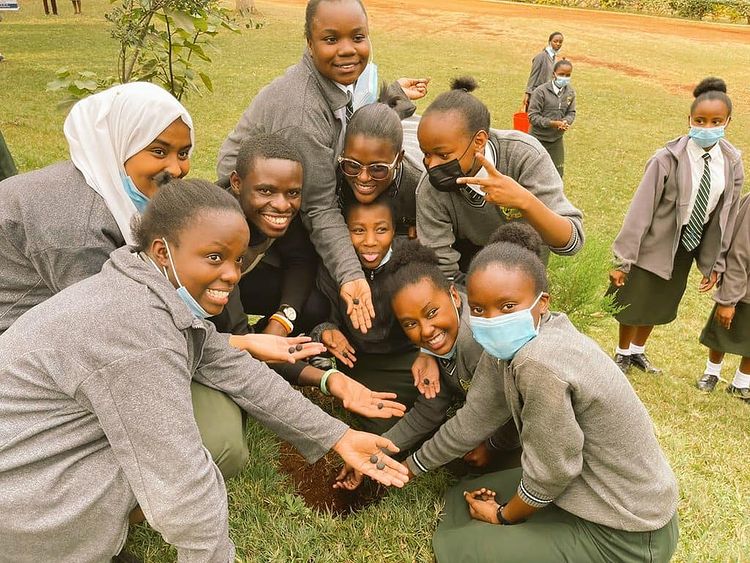
I'm still hopeful that we'll be able to achieve the fight against climate change, but I can't achieve it alone. I’m seeing young people coming out to make a difference. But we need to push farther. We are not yet done. I dream of a world whereby the future generations will have something that they are able to look up to, something that they will enjoy.
It's time for action. We talked a lot. We really, really talked a lot. But with zero action. If we continue talking, talking, talking, we’ll be talking and dying, talking and dying.
My passion for environment is really unquestionable. It's really something that has grown over time. I learn each and every day. I really like watching other people mobilizing, because I believe we have different capabilities. We have different potentials. We have different ideas, we have different skills. So what if we co-operate to make a difference?”
All photos courtesy Lamech Opiyo



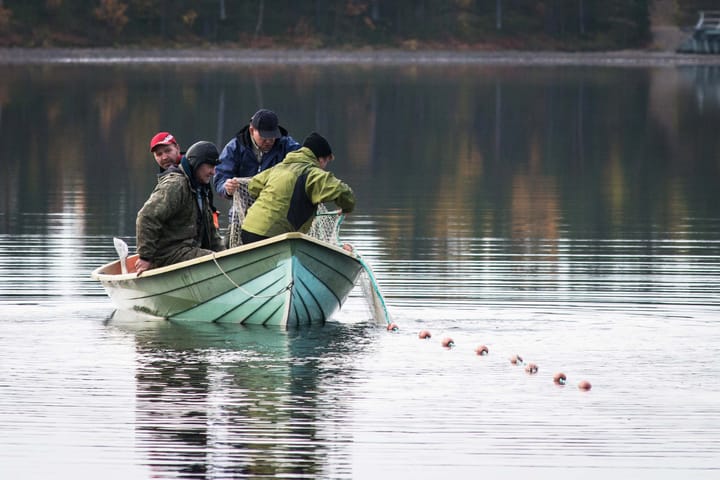
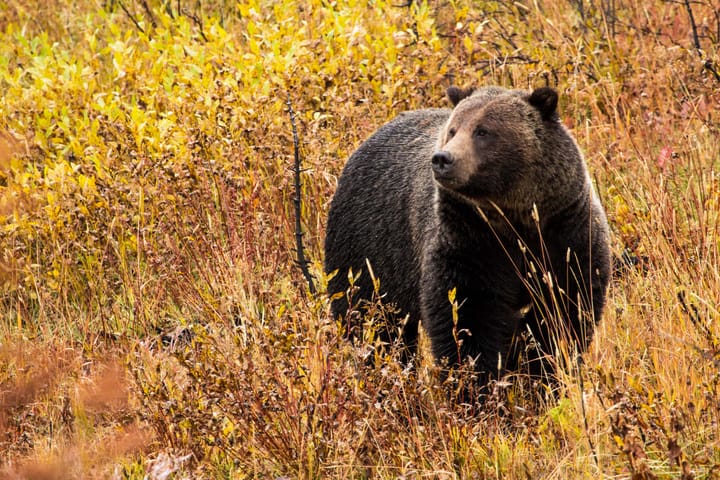

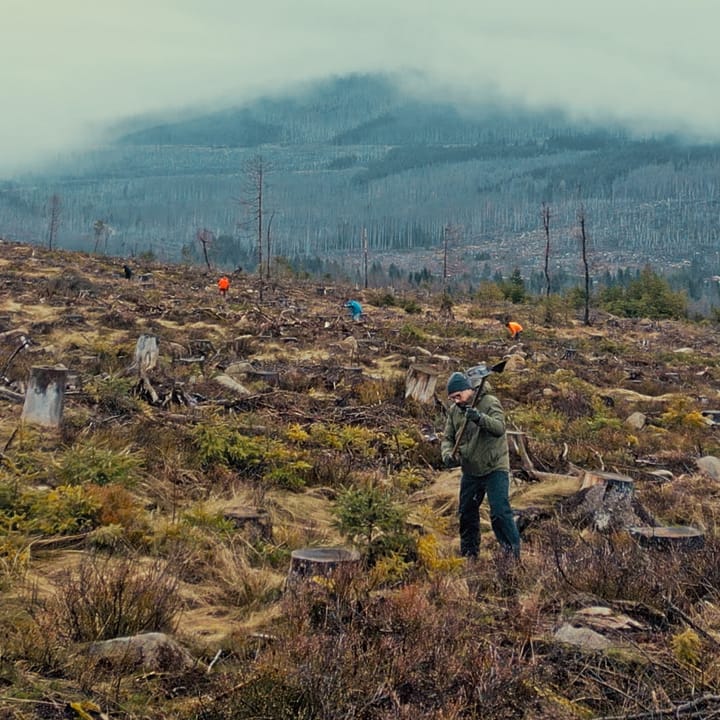
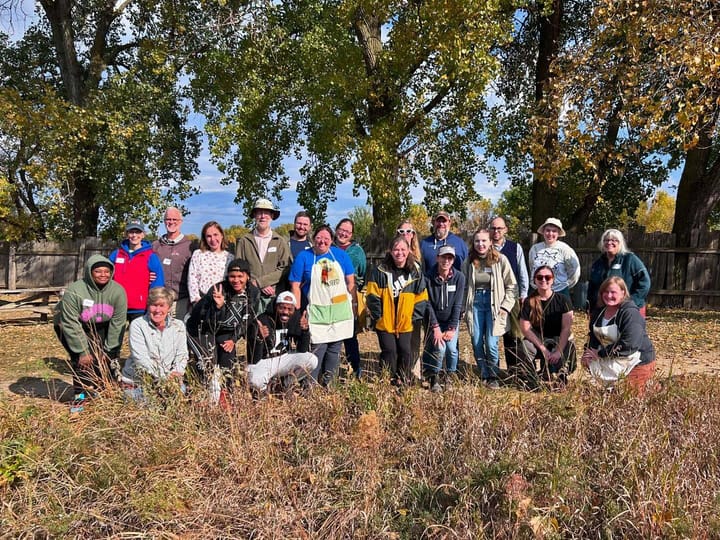
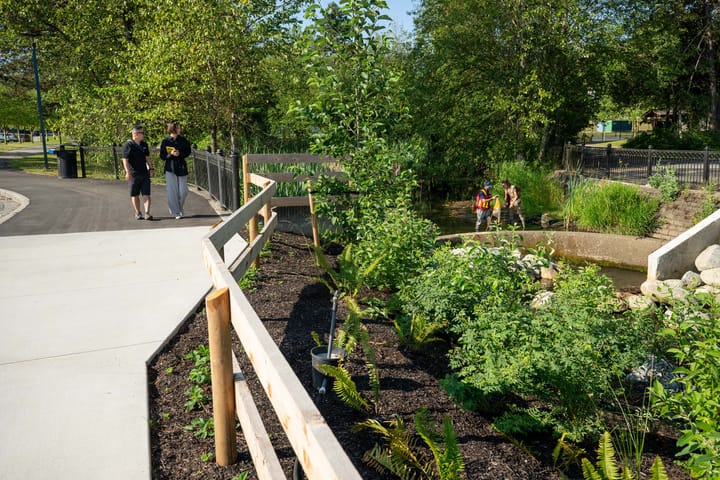
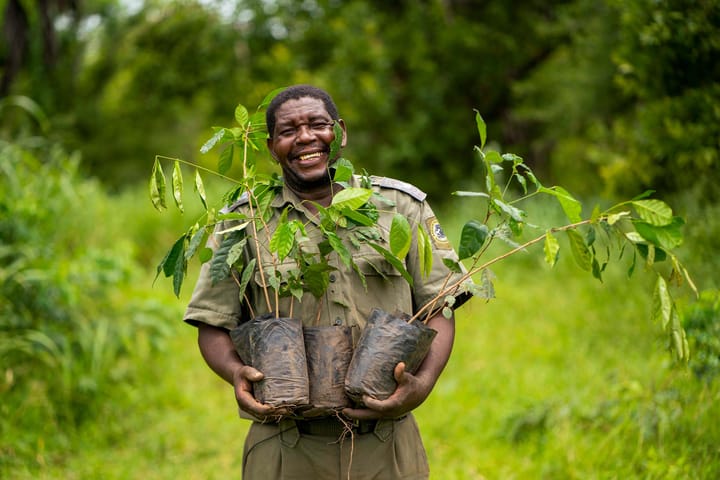
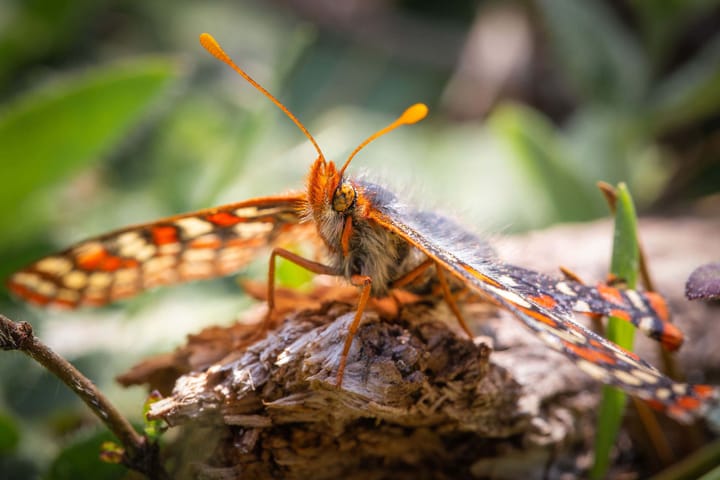
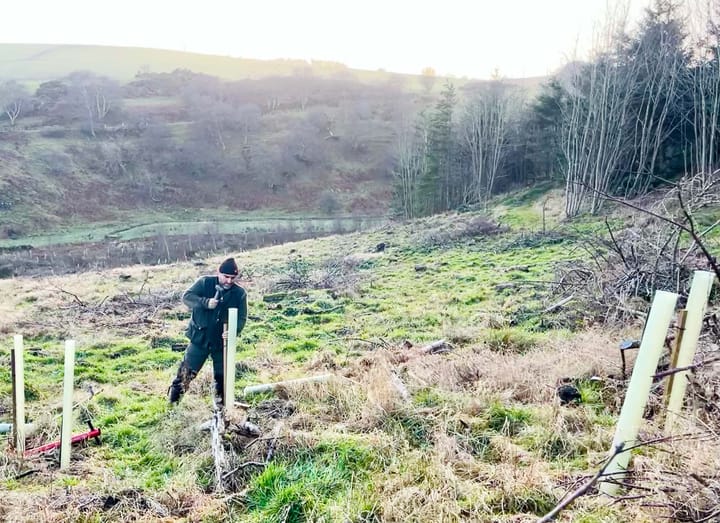
Comments ()